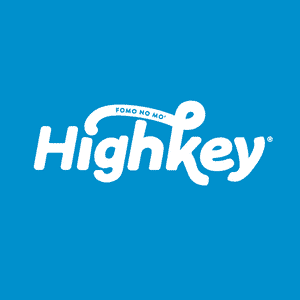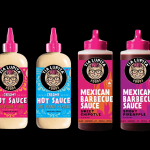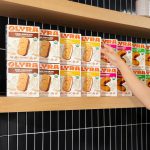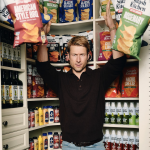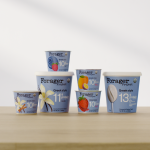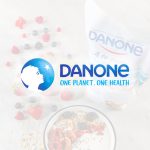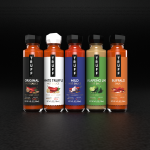HighKey Utilizes Digital Incubator Model to Support “Low Risk” Rapid Innovation
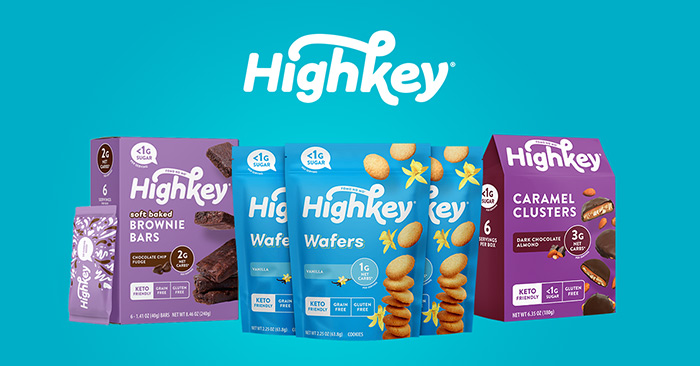
When it comes to new products, keto snack brand HighKey follows a simple philosophy: “more is more.” Since its launch in 2018, the brand has wasted no time on its mission to drive sugar out of the American diet, building out a robust portfolio of products online that spans from cookies to candy to baking and breakfast items. Since the digitally native company has expanded to retail, it now uses ecommerce as a testing ground for new launches.
This month the brand is following up on last year’s launch of Protein Cereals, Soft Baked Breakfast Biscuits and new baking mixes and cookie flavors with another sizable wave of new products. Caramel Clusters, its first move into candy, Chocolate Chip Mini Biscotti Cookies, Vanilla Shortbread and Salted Caramel Mini Cookies, Wafer Cookies, and Soft Baked Brownie Bars and Mini Brownies are all slated to hit the company’s ecommerce platform by February.
So, what’s the rush?
One of the core values of the company is to “move fast and break norms,” said HighKey co-CEO Joe Ens. To do this, it has established a “digital incubator business model,” focused on bringing the company’s ideas to market as quickly as possible. The goal is to launch in over a dozen categories online each year, a less risky venture then launching into retail stores, he said, and use consumer response and sales to determine which products should then move into wider distribution.
“While we certainly are mindful of our cash flow and profitability, we generally think about our business in the same way as a tech company would, which is, ‘let’s innovate quickly, let’s get it to consumers fast,’” Ens said. “I think that’s consistent with what you’d see within a tech company versus a slow-moving CPG.”
Ens said the brand does not have a “hard and fast playbook” for measuring success of its launches, nor does the company have a limit to the number of products it can support online. Instead, they use a “high degree of intuition,” and monitor consumer feedback on both Amazon and the brand’s social media channels. The model replaces traditional research methodologies, which Ens noted can often be misleading, and is more successful because it allows consumers to react to real products they can try, rather than “concepts and possibilities,” he said.
“It’s a little bit more art than it is science, and perhaps that’s the point,” he said. “The digital incubator model is one that is connecting and listening to consumers in real time in the marketplace, as opposed to what I’ll call a traditional consumer research model, which is looking at numbers and metrics to determine whether you’ve got a good idea.”
Not every product the brand rolls out on its ecommerce platform has been a hit, Ens noted. If a product gets a negative response from consumers, they will either reformulate or discontinue it. Previously discontinued items including savory cheese snacks, cauliflower mash and nut butter.
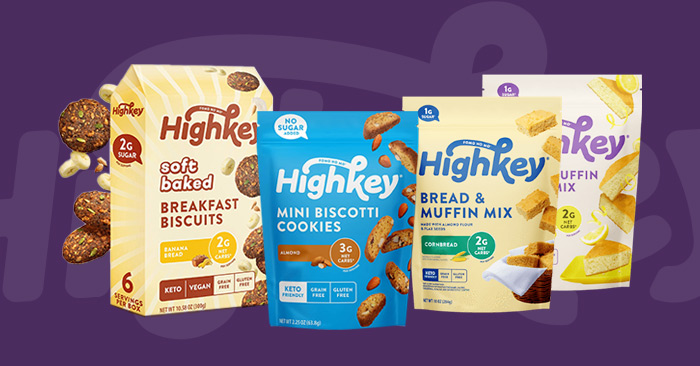
Ens said the company, which uses a co-packer to manufacture its products, has established a very structured innovation pipeline, turning an idea from concept to launch in three months or less. That’s not to say that developing gluten-free and sugar-free products is a simple process, Ens noted, and R&D costs can add up due to the company’s use of almond flour and alternative sweeteners. The brand’s new Caramel Clusters, for example, are particularly pricey to make, he said, reflected in their higher price point of $14.47 per six-serving box. But the company will be able to get the price down if they scale it across channels, Ens said. Though the price tag for the clusters is higher, it’s serving an additional purpose online, not only helping the team evaluate the product itself, but also to see if they can support more expensive products.
While there may be fewer consequences of failure in ecommerce, retail is a different story. When HighKey launches products in stores, Ens said the brand is more focused to ensure it’s “driving attention to the right items.” So far, its Mini Cookie line, which the brand says is the best-selling chocolate chip cookie on Amazon, is its only product offering to move from ecommerce to brick and mortar retail, rolling out in Target nationwide last year and in 12 oz. bags at select Costco locations this year. Ens said the company only brings “clear winners to retail,” and expects many of its launches will never make it to retail.
“Our goal is to only keep active ideas that we know consumers love and to not have the bad ideas languish,” he said. “That’s the value of using our ecommerce capabilities to tease out these ideas. It’s much harder to do in retail because of all of the complexities and costs of getting onto a shelf and you’re burdening the retailer to be part of that incubation.”
Of course, it helps that HighKey has an advantage in their online-first process: a robust online following eager to share, like and post about new products. The brand leverages its social media platforms such as TikTok, where it has over 120,000 followers, to both engage consumers and help build the brand, Ens said. Once the brand decides to move a product into retail, Ens added, the same audience can be used to build demand at stores for the products. Due to the company’s emphasis on digital marketing, this month the brand also added Rocio Gordon, formerly of VP of marketing and ecommerce at Four Sigmatic, as its new CMO.
Above all else, and across platforms, the company has a customer-first mentality. When it comes to prioritizing growth versus profitability, Ens said co-founders AJ Patel and John Gibb have a “Silicon Valley mindset,” and the company’s main goal is to create a loyal customer base “and then we’ll worry about the math,” he said.
Ens declined to disclose whether HighKey has reached profitability, but said the company is where it “want[s] to be,” and remains focused on investing in R&D. They will be tripling their internal R&D team this year, he said, and will be opening their second innovation center in the Pacific Northwest. Its two goals this year will be expanding distribution of its Mini Cookie line and continuing its rapid innovation, possibly even moving beyond sweet snacking occasions.
“I think a lot of companies talk about wanting to create a stronger comfort with risk in their culture and it’s very hard to do, because sometimes the consequences of failures are high,” Ens said. “And so we try to move as quickly as we can, learn from our mistakes, and then just move on. We are pivoting constantly.”
